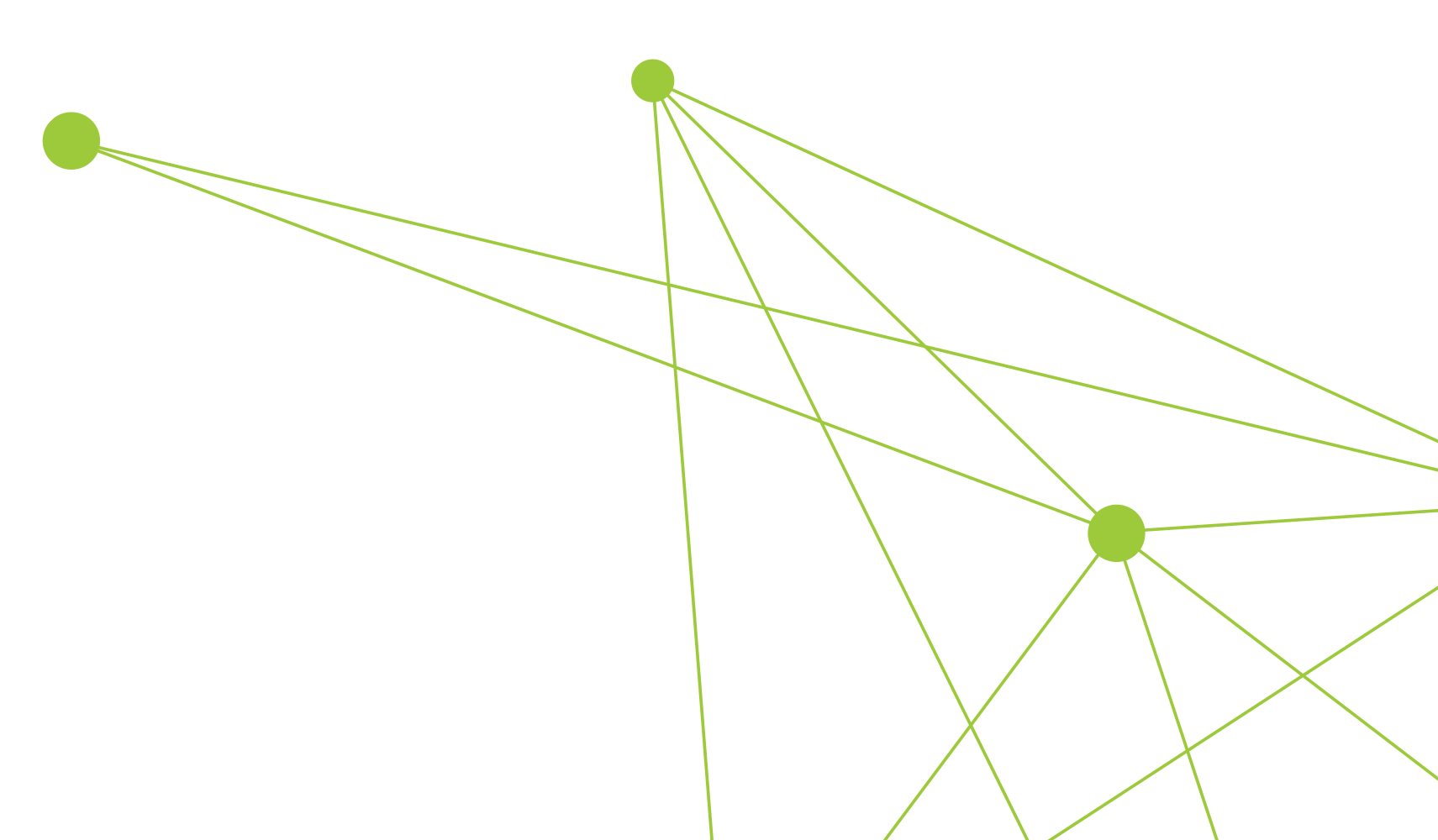Big Data is a fundamental part of Campbell Law.
More than perhaps any other firm in the country, Campbell Law believes that better information makes better decisions. Campbell Law believes that big data and a science based approach to cases levels the playing field and that it can make any case more valuable. Indeed, John and Alicia operate on a simple rule: Big decisions call for big data.
You can’t decide whether to settle, what jurors to select, what evidence to share, how your client plays, whether to admit some comparative fault, how much to ask for in closing argument, or any of the other myriad questions we all face by relying solely on your gut. You need real answers. And they are available with big data. The methods are now tried and true. Time and again, the methods John and Alicia have developed have accurately predicted verdict ranges and provided insights into how to win difficult cases and to maximize value.
This marriage of big data with trial law came from a happy confluence of events.
John started his journey towards big data while working as a professor at the University of Denver Sturm College of Law. There he became a well-known academic studying jurors. He is a recognized author in the field and continues to produce research to advance justice in courts and legislatures.
Alicia joined the fight as she began to study her own cases using the same principles that informed academic studies. This desire to meld scientific rigor with real world questions produced a company called Empirical Jury. As founders of Empirical Jury, John and Alicia studied cases in at least 40 states, using over 135,000 jurors, across 330+ cases. In only five years they were honored to participate in over $1 billion in verdicts and more than $2 billion in settlements.
Empirical Jury was a wonderful experience, but it was only a first step. Over the last five years, as the plaintiff bar has embraced big data, so too has the defense. PhDs in social science and statistics are now common hires at large defense firms.
So, John and Alicia decided that more was required. At Campbell Law they are driven by three future-looking goals.


